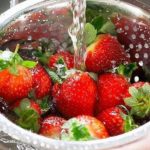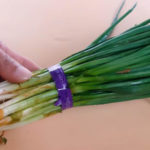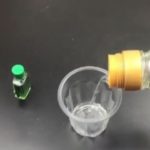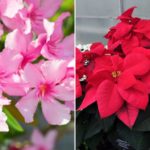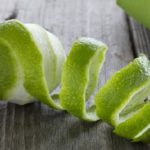Indoor gardening has become a choice and a hobby for many people. However, not all types of plants are suitable for indoor cultivation. According to the experience left by the ancients: “These 5 plants in the house are not poor but difficult”. With the upcoming new year, clean up quickly to welcome a prosperous new year, good luck coming your way.
1. Artificial plants, infested plants, insects
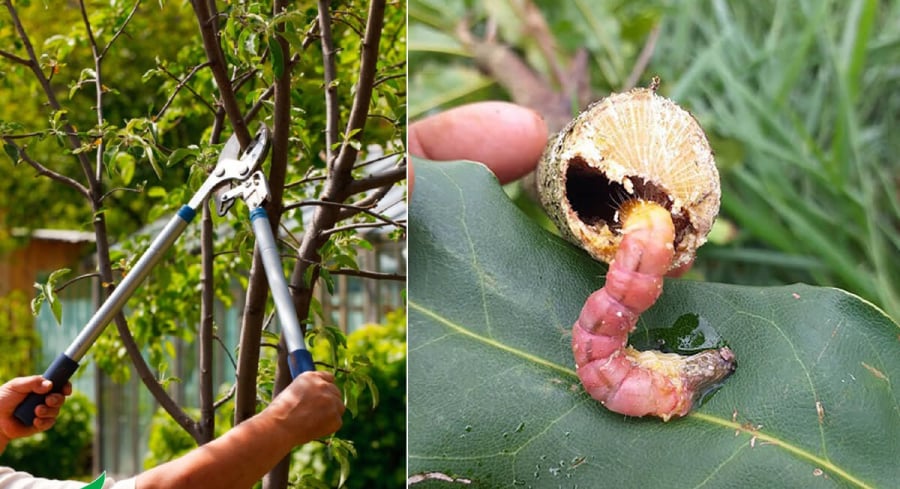
Currently, there are many artificial plants on the market, fake flowers that closely resemble real ones. Many people like to put fake plants in their homes for aesthetic purposes without the need for care. However, over time, fake flowers fade, collect dust, and become unsightly. Therefore, if you have fake flowers at home, you also need to clean them up at the end of the year. Neglected and unsightly fake flowers not only ruin the aesthetics but can also harbor bacteria, diseases, and insects, which is not good for everyone’s health.
There are also some plants and flowers that are prone to diseases and harmful insects. If you cultivate them outdoors, in a ventilated area, you can spray some pesticides. But if you cultivate them in a relatively enclosed room, it is not good for your health. If you spray pesticides or chemicals, it will affect your health as well as the members of your family. However, if you don’t spray pesticides, the plants will attract pests. Therefore, plants that are infested or prone to diseases should be promptly removed. Don’t reluctantly maintain them, or else you’ll suffer losses.
2. Plants with sharp thorns
The thorns on flowers and trees have a self-defense function, but they can be a hidden danger to humans. If you grow large plants with many thorns inside your house, it can be harmful to your health and pose a safety risk to your family.
Furthermore, from the perspective of feng shui, planting plants with thorns in the house can cause disharmony and attract negative energy, which is not beneficial for the family’s fortune. Therefore, the ancients advised against keeping plants with sharp thorns in the house.
3. Toxic plants
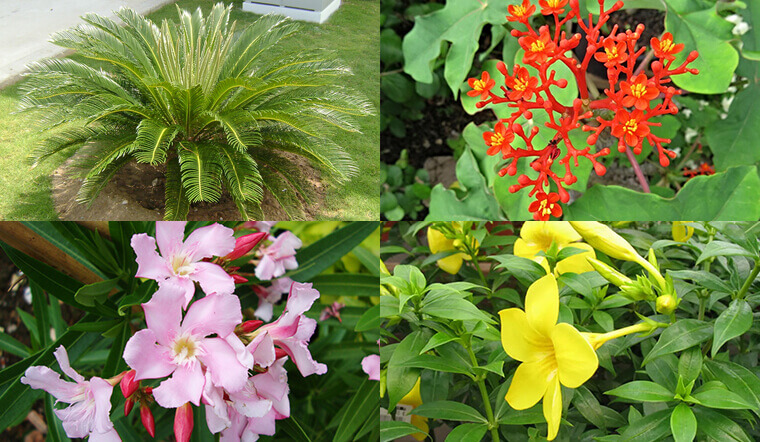
Toxic plants can harm the members of your family, especially those with children and pets. If you have toxic plants at home, you should remove them before the new year. There are many beautiful toxic plants that many people enjoy, such as yellow jasmine, bamboo, orchids, etc.
Particularly, a plant called Winter Cherry, scientifically known as Solanum pseudocapsicum, belongs to the Potato family. Many people like to grow this plant during the Lunar New Year because of its attractive appearance. This plant has small red fruits growing among green leaves, which look auspicious and adorable. The red fruits symbolize fortune, luck, and are suitable for the beginning of the new year festival. However, this is a cute but highly toxic plant. Both its branches, leaves, and fruits are poisonous. If you have children in your family, you should not plant this plant as children may find it “tasty” and pick the fruits to eat. This is extremely dangerous. It is best to keep a distance from this plant and not to plant it indoors, especially in houses with young children.
5. Plants with negative meanings
Plants and flowers do not have inherent identities, names, or meanings. It is the human who assigns them. However, people still prefer flowers and plants that symbolize good luck, such as money plants, peace plants, happiness plants, living life, money trees, golden money trees, luck-bringing plants, etc.
Plants and flowers with negative meanings or bad names are rarely cultivated. In fact, according to feng shui, plants with negative meanings are not suitable to be kept indoors as they will greatly affect the family’s fortune.
























